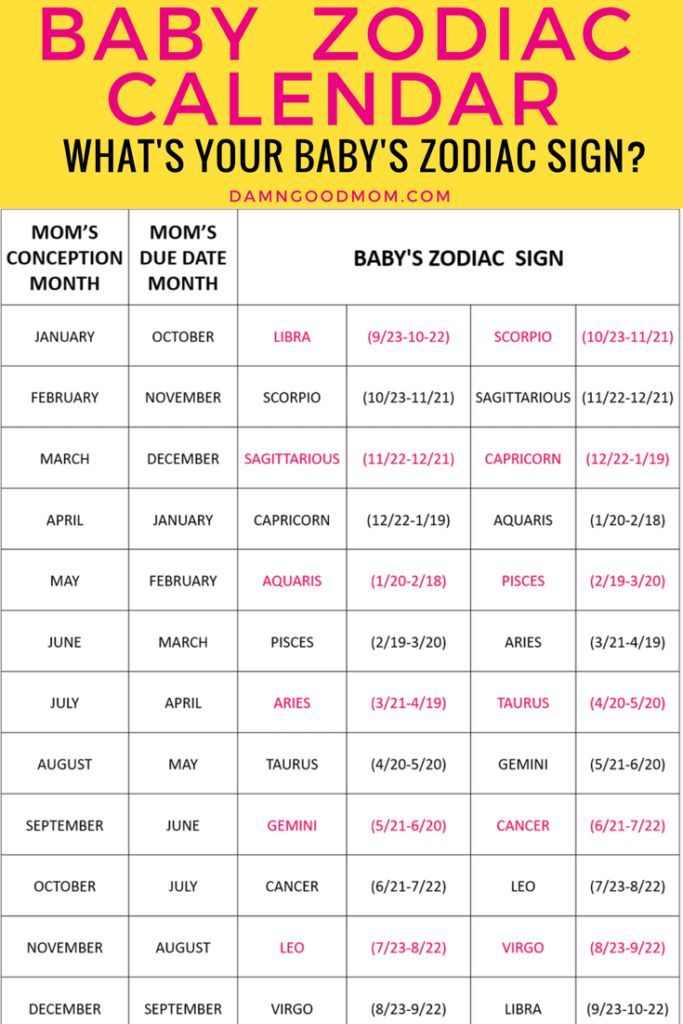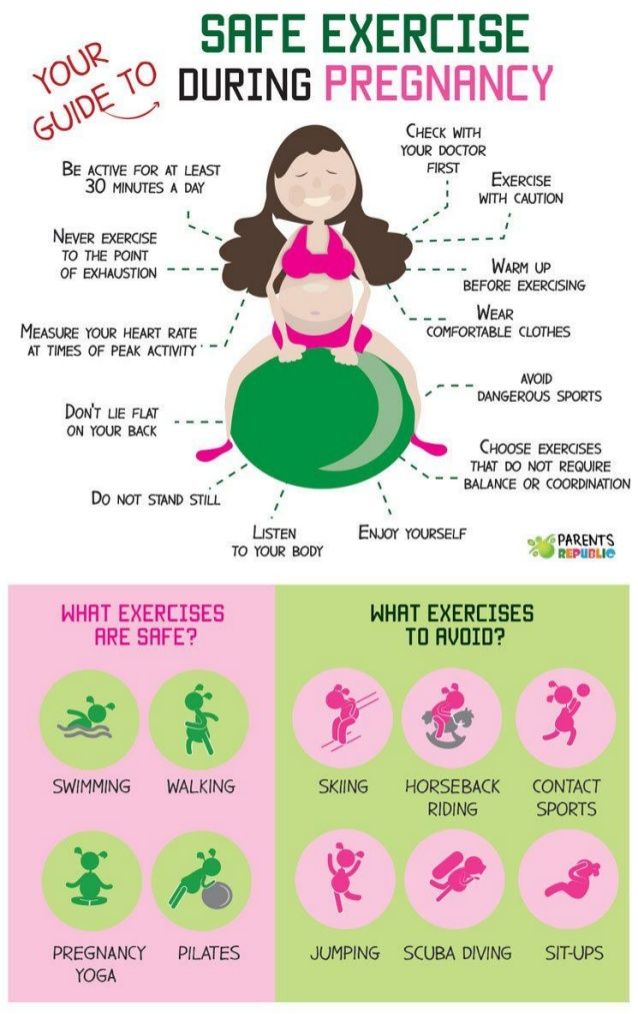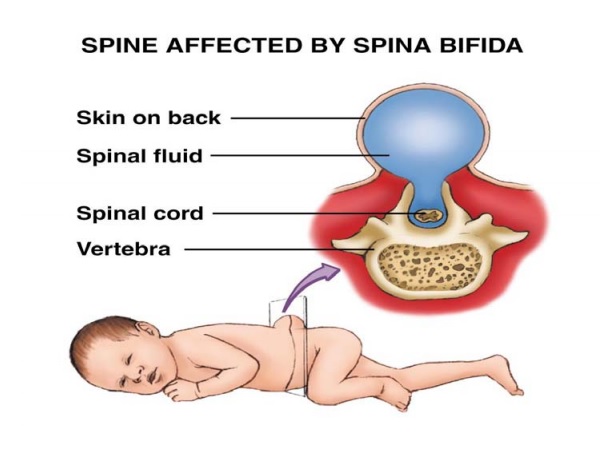How to ease cramps in pregnancy
Pregnancy Cramps: What They Mean and When to Worry
When you’re pregnant, your body undergoes many changes as it makes room for your little one (or two or more!). While some of these changes may be no big whoop, others, particularly things like cramping, can have you quickly searching Google for their causes.
While some mild pregnancy cramps are a normal symptom of your ever-expanding body, other cramps could indicate a serious problem. Pregnancy cramps can give many women anxiety, so it’s important to know the common reasons for their occurrence and what you should do about them.
We asked Srijaya Soujanya Nalla, MD, an OBGYN at Banner Health Clinic in Loveland, CO, to help explain the normal causes for cramping, abnormal causes and treatment recommendations for both.
[However, if you’re experiencing severe cramping with or without bleeding, stop reading this article and call your doctor immediately.]
What’s considered normal cramping during pregnancy?
“Early on in your pregnancy, it’s natural to feel some mild cramping in your lower abdomen at infrequent times as your body prepares for your growing baby,” Dr. Nalla said.
As your belly grows, so does your uterus. This may cause you to feel some slight pulling, tugging or stretching similar to menstrual cramps.
“Later in your pregnancy, you may experience some mild lower abdominal discomfort due to the tightening of your uterus. These are normal as long as they occur in irregular intervals and subside on their own,” Dr. Nalla said. “A common cause later in pregnancy is due to round ligament pain, a muscle that supports the uterus. As it stretches, it can cause some mild aches and pains.”
Other causes for mild cramping include:
- Implantation bleeding
- Gas, bloating and constipation
- Sex
- Exercise
- Braxton Hicks contractions
What should I do for mild cramping while pregnant?
Time your cramps to see how regular they are and how often you feel them. “As long as they don’t fall into the abnormal category, there are some things that you can do to make them better,” Dr. Nalla said. Some of these activities include:
Nalla said. Some of these activities include:
- Rest: Try to sit, lie down or change positions.
- Soak in the tub: Take a warm soak in the tub or a warm shower.
- Take some acetaminophen: Products like Tylenol are commonly used by pregnant women for pain and fever but talk to your health care provider first.
- Practice deep breathing: Use relaxation techniques such as meditation, yoga or controlled breathing.
- Stay hydrated: Pregnant women need 50 percent more water. Keep a bottle of water on hand wherever you go.
When should I be concerned about cramping during pregnancy?
While cramping can be common, there are some serious causes of abdominal pain you shouldn’t ignore.
“Any cramping that is severe in intensity, occurs at regular intervals and progressively gets worse with time is abnormal,” Dr. Nalla said. “In addition, any amount of cramping associated with vaginal bleeding, increased/watery vaginal discharge, or pelvic pressure is not normal either.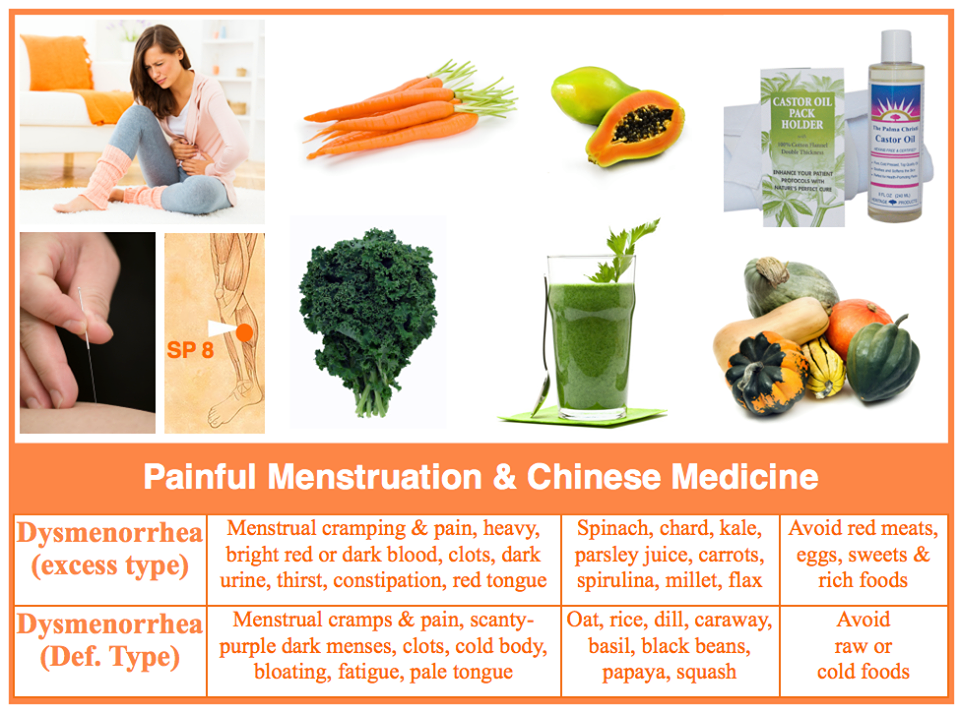 ”
”
Some causes for abnormal cramping may be due to:
- Ectopic pregnancy
- Miscarriage
- Preeclampsia
- Bladder infection or urinary tract infection
What should I do if I’m concerned about the cramping?
It’s normal to experience some mild cramping during pregnancy, but always speak with your health care provider if you are ever concerned or are experiencing the above warning symptoms.
“In some cases, an ultrasound can be done to help determine the cause for severe cramping,” Dr. Nalla said. “Sometimes severe cramping can be the first sign of an ectopic pregnancy or a miscarriage. Other times, it could be non-pregnancy related issues like a bladder infection or constipation which are quite common in pregnancy.”
When it comes to your health and the health of your baby, it’s better to err on the side of caution and talk to your health care provider.
You can find a Banner Health specialist near you by visiting bannerhealth. com or for general pregnancy-related questions, you can call the Banner Health Nurse Now at 844-259-9494 for free, 24/7 medical advice.
com or for general pregnancy-related questions, you can call the Banner Health Nurse Now at 844-259-9494 for free, 24/7 medical advice.
Related pregnancy articles:
- Is a Headache During Pregnancy Something to Worry About?
- If You’re Expecting and Your Hands and Feet Itch, It Could Be Cholestasis
- Expect the Unexpected: How Your Body Changes During Pregnancy
- Prenatal Screenings and Tests: What to Expect Every Trimester
- Driving While Pregnant: Common Questions Answered
Women's Health Pregnancy
Join the Conversation
How to Relieve Pregnancy Cramps
Are pregnancy pains striking again? Good thing you found this post. There are numerous symptoms that pregnant women experience, including morning sickness, constipation, cravings, and of course, pregnancy cramps. For most women, pregnancy cramps are normal with no need for concern — it’s your body naturally trying to adjust and balance all of the changes your body is undergoing.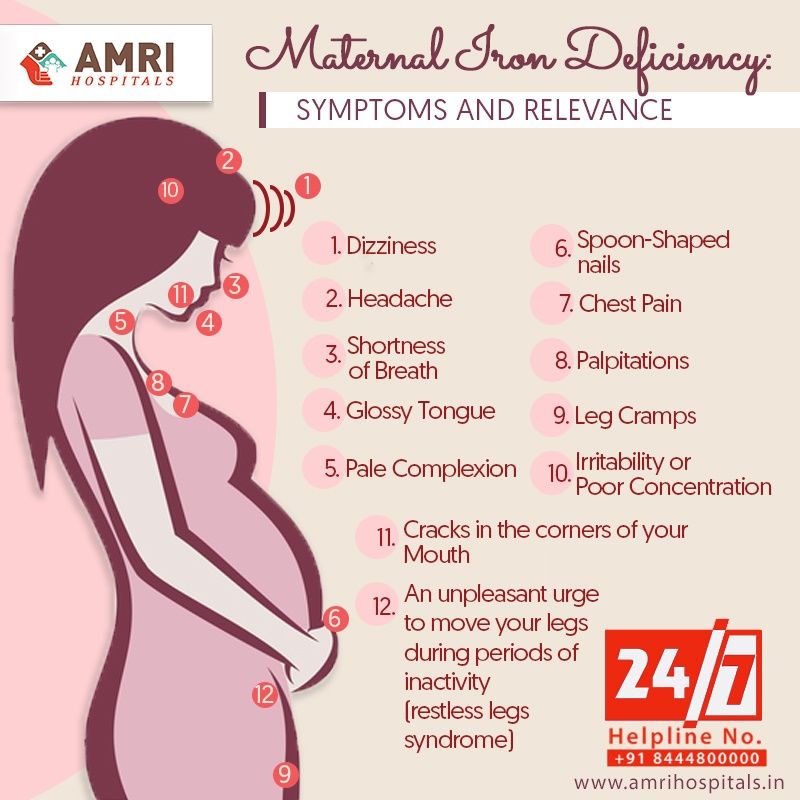 However, the fact that it’s normal doesn’t make it any less painful or annoying. We understand what you’re going through, and we want to alleviate some of that stress off of you by providing you with these helpful tips.
However, the fact that it’s normal doesn’t make it any less painful or annoying. We understand what you’re going through, and we want to alleviate some of that stress off of you by providing you with these helpful tips.
Talk to Your Doctor
First, you should consult your doctor about any pregnancy cramps you may be experiencing for the first time or if they’ve worsened. Although rare, severe abdominal cramps could indicate an ectopic pregnancy, placenta eruption, miscarriage, or other serious conditions. In most cases, however, cramps needn’t cause you to worry. However, it’s always better to be safe than sorry, especially when it comes to your and your baby’s health. Your doctor will help identify the cause and give you the knowledge and confidence to move forward with the pregnancy. In addition, your doctor will be able to tell you whether or not it’s safe to take certain over-the-counter medications like Tylenol while pregnant.
Stay Hydrated
Just like with menstrual cramps, it’s highly recommended to drink at least eight cups of water a day to relieve pregnancy cramps.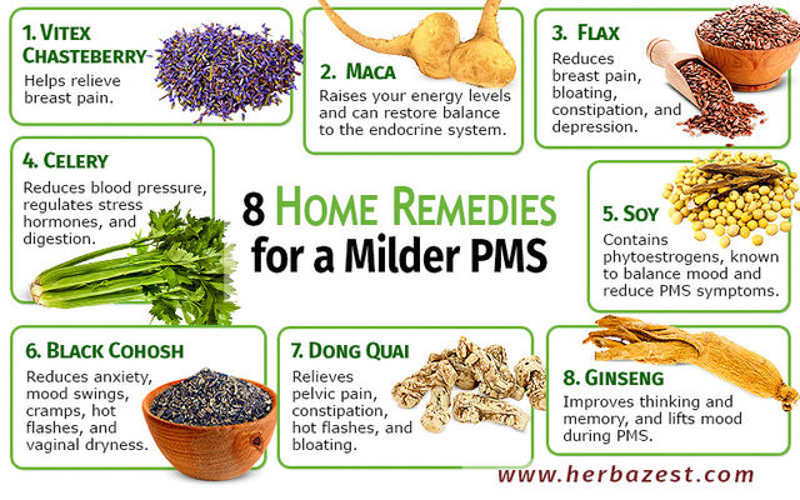 When you’re dehydrated, your body is more likely to cramp and be in pain. If drinking water throughout the day is difficult, you can also incorporate more water-rich foods into your diet. Such foods include watermelon, spinach, cauliflower, carrots, and many others. Not only do you get some of your water by consuming these vegetables and fruits, but you also get additional nutrients as well.
When you’re dehydrated, your body is more likely to cramp and be in pain. If drinking water throughout the day is difficult, you can also incorporate more water-rich foods into your diet. Such foods include watermelon, spinach, cauliflower, carrots, and many others. Not only do you get some of your water by consuming these vegetables and fruits, but you also get additional nutrients as well.
Reposition Yourself
When you’re lying or sitting down, you can relieve some of the pain by simply repositioning yourself. Don’t apply any pressure on the source of pain, or the cramps may last longer or increase. Lying down helps increase blood flow and round ligament pain. It can also help to wear a belly band to relieve any additional ligament pain that may have occurred. When laying down, try to elevate your legs when possible. By placing one or two pillows under your legs, you relieve tension off your lower back. In addition, it decreases the lactic acid that causes your muscles to cramp by circulating your blood flow and heart rate.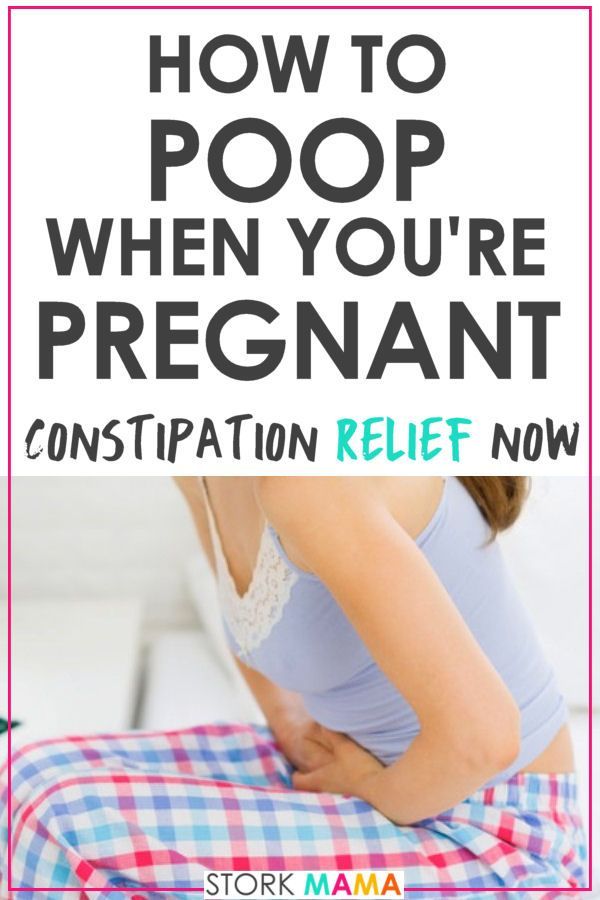
Sleep is Key
Sleep is the healer of many things — including cramps. A lack of sleep causes fatigue which may result in cramps the next day. If cramps occur during the middle of the night and are hindering your sleep, try to take more naps during the day. Your body needs the strength and energy to get through the night and day, so sleep is an essential part of the health and comfort of your pregnancy.
Massages
A gentle massage is never a bad idea. All that pressure and lactic acid build-up can be alleviated and released through a massage. Massage increases blood flow, which in turn results in the relaxation of muscles. For leg massages, you want to gently knead the front and back of your upper and lower legs for about fifteen minutes, targeting each muscle group for at least five minutes. For a smooth process, use oil or lotion to allow the hands to glide smoothly across the muscles. You can get a loved one to perform the massage, or some spas also offer pregnancy-friendly massages.
Magnesium Intake
Sometimes an increase in cramps can be due to a lack of magnesium or other vitamins in the body, so it’s best to consult your doctor about what deficiencies you may have before taking any self-prescribed actions. Many women tend to cramp more when they have a lack of magnesium. If pills are not a comfortable option for you, there is plenty of magnesium found in bananas, spinach, walnuts, and even dark chocolate. (So, a late-night chocolate snack might be a good thing!)
Having cramps can be scary for many women, but at Unity Maternal Fetal Medicine, we are here to provide you with the care and attention you need. We don’t just tell you what’s going on in your body; we tell you how it happened and what your options are. If you are experiencing cramps and are worried it could lead to greater risk, schedule an appointment at UnityMFM.com. You can never be too prepared or too careful when it comes to your baby’s health and safety.
Leg cramps in pregnant women: causes, symptoms and first aid
Number of views: 96 215
Leg cramps in pregnant women: how to deal with this problem? First of all, you need to try to determine the cause.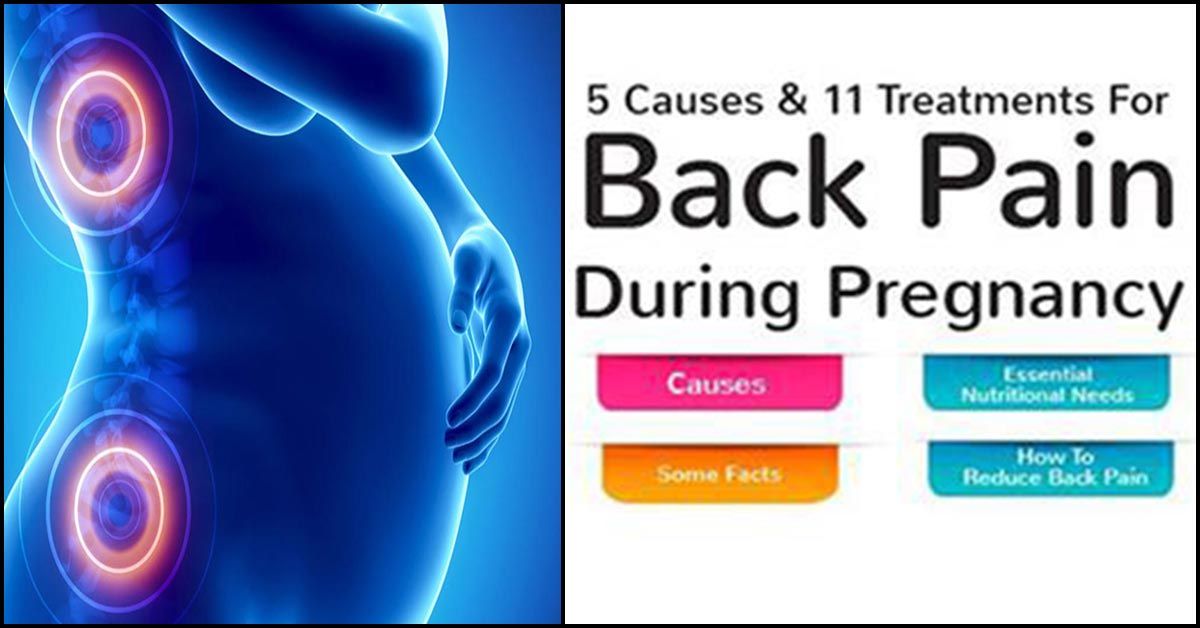
Symptoms of leg cramps during pregnancy
Leg cramps are a painful contraction (spasm) of the calf muscles. The pain comes on suddenly and seems to permeate the whole body. Depending on the cause, leg cramps in pregnant women can occur at any time of the day.
Leg cramps in pregnant women: the main causes
The occurrence of leg cramps during pregnancy is most often associated with the following reasons:
Deficiency of these elements can be caused by:
- in the first trimester - frequent vomiting associated with toxicosis, as a result of which the body loses a large number of trace elements;
- in the second trimester - an increased need for a large amount of mineral salts due to the active growth of the unborn baby to form his skeletal system;
- excretion in the urine as a result of diuretics not agreed with the doctor;
- unbalanced diet.
2. Anemia
Anemia can lead to a lack of oxygen supply needed by the muscles.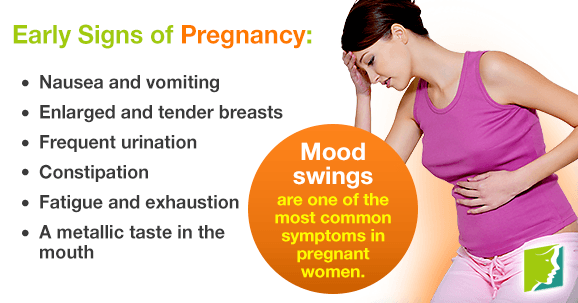 This can cause leg cramps in pregnant women.
This can cause leg cramps in pregnant women.
It is characteristic that convulsions associated with anemia or a lack of certain trace elements occur at any time of the day.
3. Stagnation of blood circulation associated with low mobility
Seizures can be provoked by being in an uncomfortable static position for a long time.
4. Varicose veins
As a result of stagnation of blood in the veins, cramps in the calf muscles may appear. They usually occur at rest: in the evening before bedtime or at night.
5. Reduce blood glucose
Glucose is the body's most important source of energy. A drop in this indicator entails energy starvation of the body, which can provoke leg cramps in pregnant women.
Convulsions associated with this cause are more likely to occur at night or in the early morning.
6. Inferior vena cava syndrome
From the second half of pregnancy, the growing uterus can compress the inferior vena cava, which leads to stagnation of blood in the lower extremities, the development of edema, and as a result, seizures.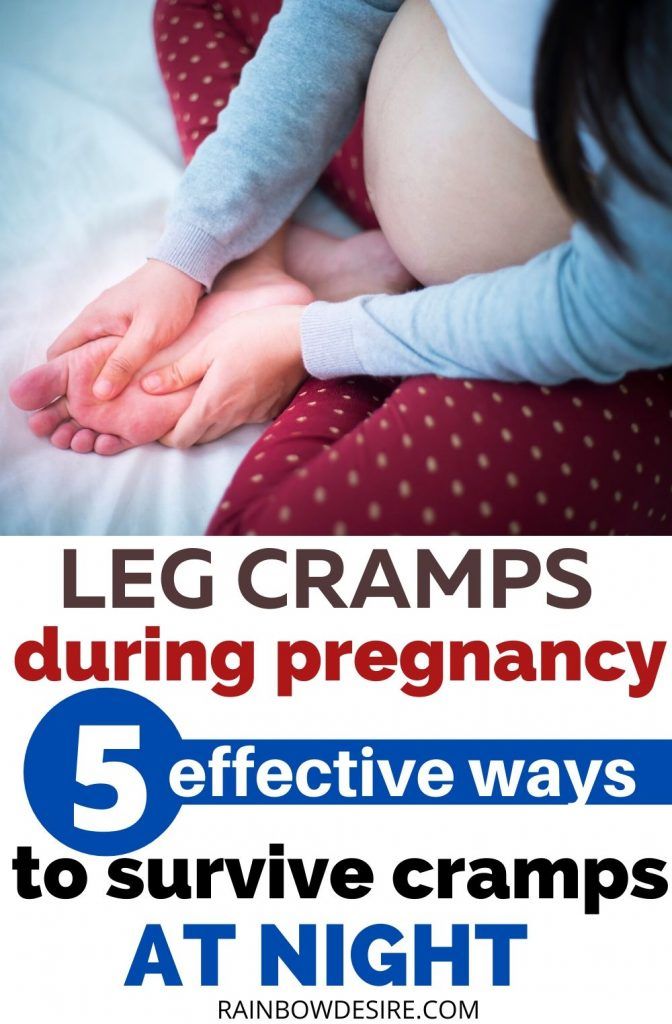 It is characteristic that leg cramps in pregnant women occur when lying on the back or on the right side.
It is characteristic that leg cramps in pregnant women occur when lying on the back or on the right side.
7. Hypothermia
Cold leads to vasoconstriction, thereby causing calf cramps.
8. Dehydration
First aid for cramps
How can you help yourself during a cramp?
- Elevate the leg if possible, pull the big toe slowly but firmly towards you, or pull the whole foot towards you
- Try to breathe deeply and calmly while doing this.
- Helps kneading massage of the calf muscle to warm it up. Involve your loving husband. You can use massage balls or a hand massager. You can press your index finger into the center of the calf muscle for at least 20 seconds
- Pinching and stabbing the calf muscle helps to take your mind off the pain
- You can try a hot shower or heating pad
- After an attack, you can put on stockings or leggings (preferably pre-warmed) to keep the muscles warm and relax better
- Walking barefoot slowly can help, which improves blood circulation in the leg muscles
Treating seizures in pregnancy
Be sure to tell your gynecologist if you experience seizures.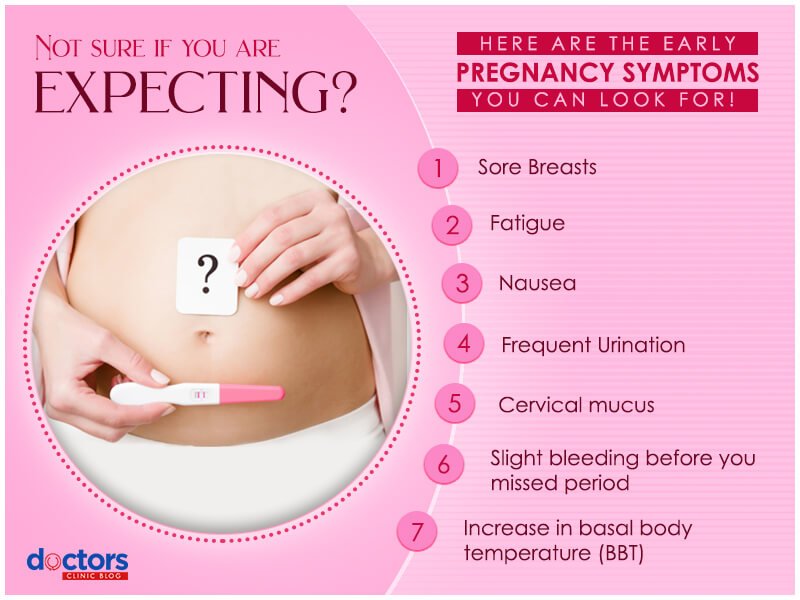 To identify the cause of this pathology, the doctor may prescribe additional laboratory tests, as well as examinations by narrow specialists.
To identify the cause of this pathology, the doctor may prescribe additional laboratory tests, as well as examinations by narrow specialists.
Read in the online magazine: "The best doctors according to moms: voting results"
If necessary, the doctor will prescribe medication, multivitamins for expectant mothers or additional calcium and magnesium supplements. Additional intake of calcium preparations should be agreed with the doctor and stopped after 35 weeks of pregnancy. Never “prescribe” vitamins and supplements to yourself without consulting a doctor!
If the level of glucose in the blood is low, the endocrinologist prescribes drugs to normalize this indicator.
In case of varicose veins, doctors prescribe wearing special compression underwear (socks, stockings or tights) to normalize vascular tone, restore blood flow, relieve swelling, which significantly reduces the risk of seizures. It is very important to choose the right size and degree of compression of prophylactic underwear.
Leg cramps in pregnancy: prevention
The following rules will help the expectant mother to avoid pain caused by cramps:
1. Proper balanced nutrition
- There should be 5-6 small meals per day
- Prefer complex carbohydrates (cereals, durum wheat pasta, fruits and vegetables), try to limit the use of "light" carbohydrates (sweets, starchy foods)
- Include in your diet plenty of foods rich in calcium (low-fat dairy products and milk, nuts, eggs, various types of cabbage), magnesium (nuts, seeds, legumes, fish, chicken, broccoli, carrots, spinach, raisins), potassium (bananas , potatoes, salmon, tomatoes, dried apricots, raisins, spinach, oranges, lean beef), B vitamins (dairy products, walnuts, red fish).
2. Reasonable physical activity
Reasonable and dosed physical activity will help improve blood circulation and prevent venous congestion. An excellent remedy for the prevention of seizures is the pool.
3. Proper footwear
Avoid uncomfortable, tight shoes and high heels. Wearing such shoes can lead to excessive stress on the foot and adversely affect the circulation of the legs.
4. Rest and foot massage
At the end of the day, try to lie down with your legs elevated. Do a light foot massage in the direction from the foot to the knee (you can use special refreshing creams).
An excellent option for relieving fatigue and swelling of the legs - contrast or tonic baths.
5. Avoid hypothermia
If your body is prone to hypothermia, wear warm socks for a night's sleep.
Following these simple recommendations, your legs will be "calm"!
MamExpert recommends: Courses for pregnant women "Intensive 2.0"
How do you cope with leg cramps? Share!
comments powered by HyperComments
Interventions for leg cramps during pregnancy
What is the problem?
Leg cramps manifest themselves as sudden, intense involuntary contractions of the leg muscles. This is a common problem during pregnancy, especially in the third trimester. They are painful and can interfere with daily activities, disrupt sleep, and reduce quality of life. Various types of interventions are used to treat leg cramps during pregnancy, including medications, electrolytes (magnesium, calcium, sodium) and vitamins, as well as non-drug therapies such as muscle stretching.
This is a common problem during pregnancy, especially in the third trimester. They are painful and can interfere with daily activities, disrupt sleep, and reduce quality of life. Various types of interventions are used to treat leg cramps during pregnancy, including medications, electrolytes (magnesium, calcium, sodium) and vitamins, as well as non-drug therapies such as muscle stretching.
Why is this important?
The purpose of this review was to find out which treatment for leg cramps during pregnancy is effective and safe.
What evidence did we find?
In September 2019, we searched for evidence and identified eight randomized controlled trials in 576 women 14 to 36 weeks pregnant comparing magnesium, calcium, calcium with vitamin D, or B vitamins versus placebo or no treatment, and compared vitamin C with calcium. All drugs were given as tablets to chew or swallow.
All drugs were given as tablets to chew or swallow.
Magnesium supplements may reduce the incidence of leg cramps in women compared with placebo or no treatment, although studies have not been consistent. Different studies have assessed the effect of magnesium supplementation differently. Some studies have shown magnesium to help reduce the incidence of leg cramps, while others have shown little or no effect. Data on the effect of magnesium on pain reduction was also inconclusive, with only one study showing a reduction in pain intensity, while others showed no difference. Differences in the occurrence of side effects such as nausea and diarrhea were negligible or non-existent.
Calcium did not always reduce the incidence of leg cramps in women after treatment compared to those who did not receive any treatment. It also found that the evidence was of very low quality, so we cannot be sure of the results.
More women who received B-vitamin supplements made a full recovery compared to those who received no treatment; however, these results were based on a small sample size and the study had design limitations.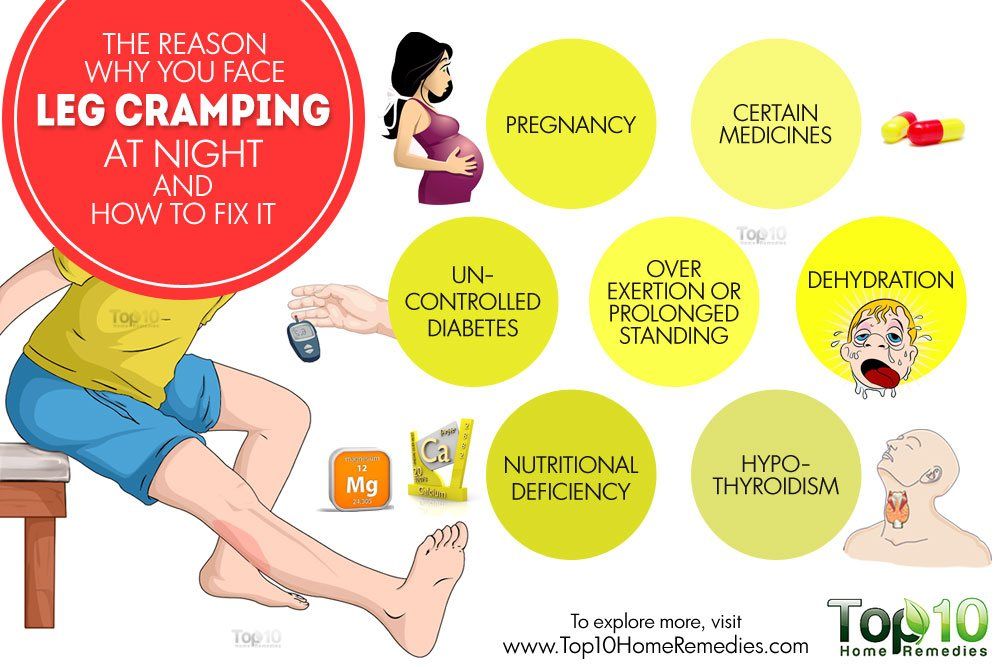
The frequency of leg cramps did not differ between women receiving calcium and women receiving vitamin C. with placebo.
What does this mean?
The quality of the evidence was low to very low. This was mainly due to small study sample sizes and study design weaknesses. Four studies were well-conducted and presented their reports. The remaining four had flaws in their design: in several studies, women were not best assigned to different treatment groups, and in two studies, women knew whether they were receiving treatment or not. Adverse effects, such as the effect of treatment on complications of pregnancy, childbirth and child, were not reported. Several studies have focused primarily on serum calcium and magnesium levels. The frequency and intensity of seizures and duration of pain were not uniformly reported, and there was often no information on whether they were assessed during treatment, at the end of treatment, or after treatment was discontinued.
